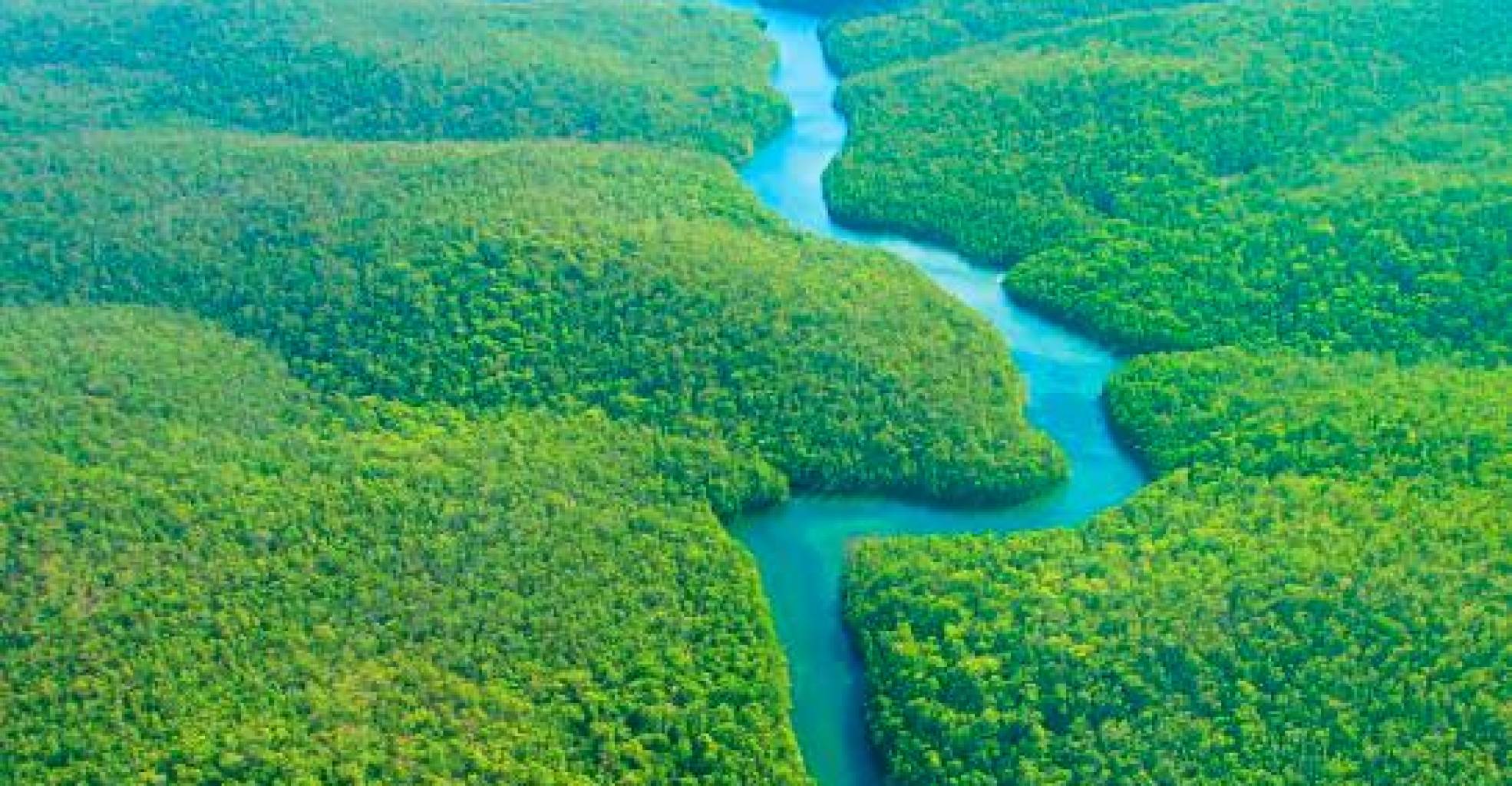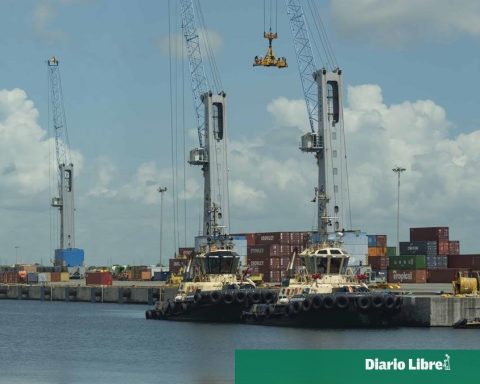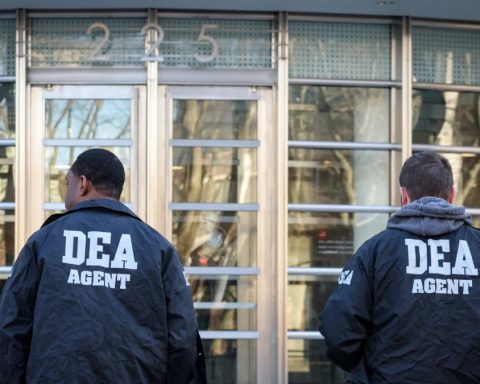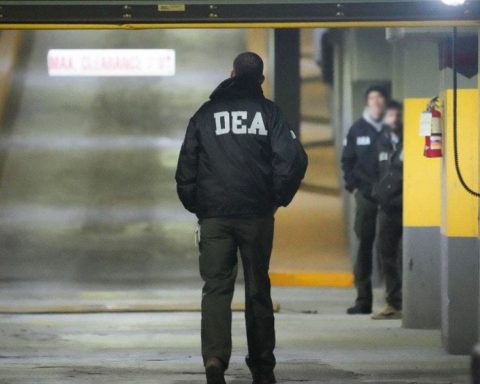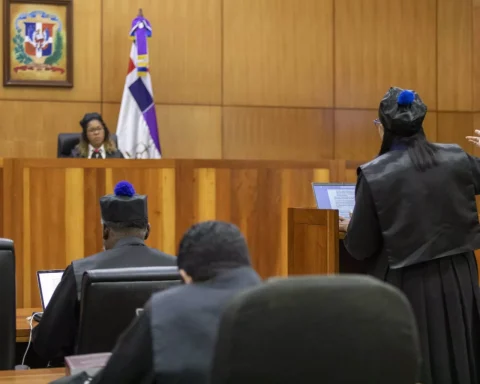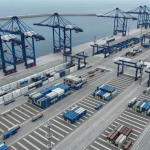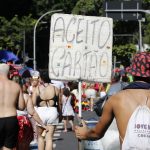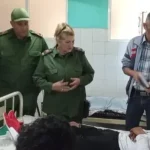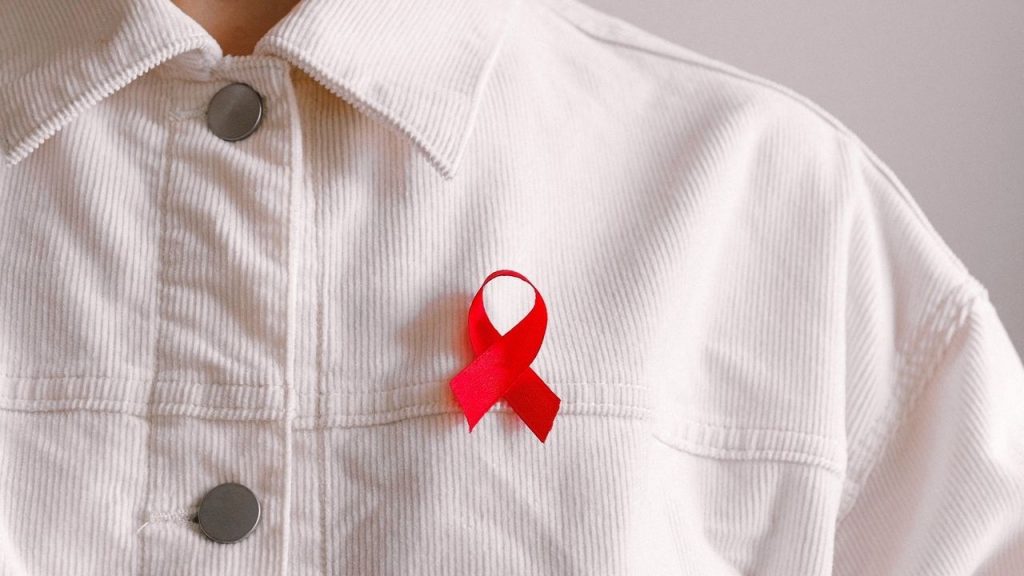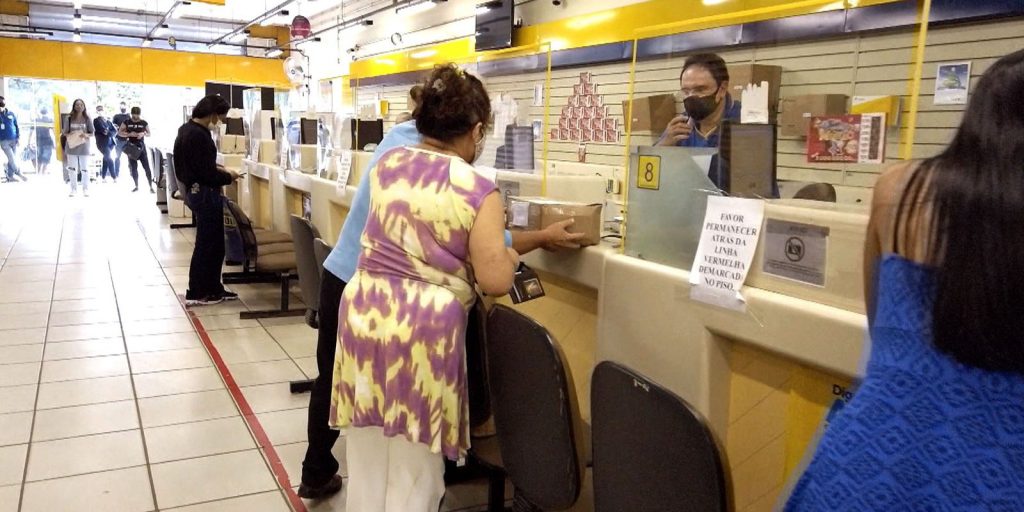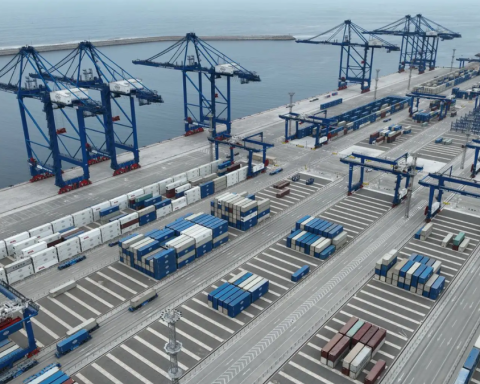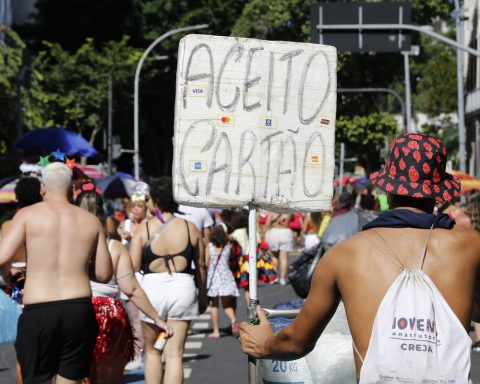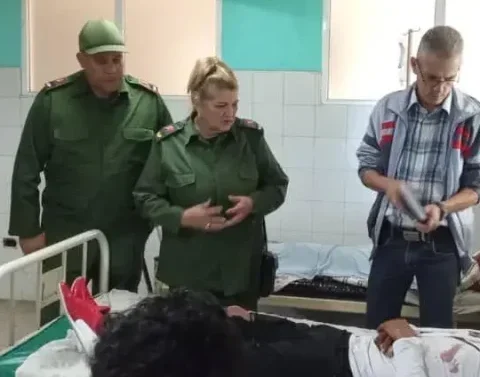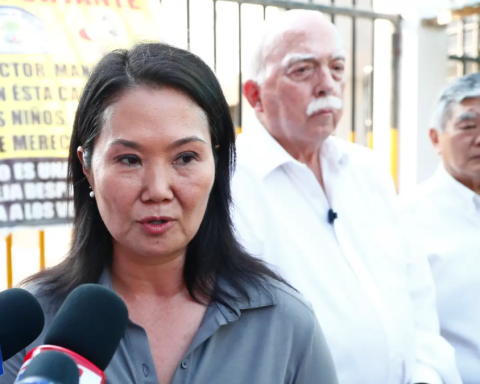Erika Berenguer, ecologist specialized in the Amazon at the universities of Oxford and Lancaster, She is one of the most outstanding scientists in the study of the functioning of the tropical forest in the face of imbalance caused by man.
AFP asked this 38-year-old Brazilian to explain what the results of the latest research on the Amazon mean for the planet.
Question: There have been a lot of headlines lately about deforestation and destruction in the Amazon. What does science say about the rainforest?
Answer: The results are truly appalling. They are consistent with the debate on the “tipping point” (at which the rainforest would become savanna). A study determined that in the southeastern Amazon in the dry season, the temperature increased 2.5 degrees (in the last 40 years). It is apocalyptic. I don’t think even academics were prepared for that. The Paris Agreement tries to limit global warming to 1.5 degrees, and 2.5 degrees in the Amazon is huge.
In the northeast, rainfall registered a 34% decrease in the dry season.
The implications of all this are that if you have a warmer and drier climate, the fires are going to spread further in the jungle. And so you move forward in this feedback loop, this vicious cycle of horror.
Q: Do we still have time to save the Amazon? What if we don’t?
A: That is the million dollar question. We won’t know what the tipping point is until we get past it, that is exactly the definition of a tipping point. But different parts of the Amazon are moving toward this point at different rates.
If we pass the tipping point, it is the end, and I do not say that lightly. We are talking about the collapse of the most biodiverse place on the planet, with millions and millions of people becoming climate refugees. Rain patterns will alter throughout South America. Without rains, we will not have hydroelectricity, which will mean the collapse of the industry in Brazil and, therefore, the collapse of one of the largest economies in the world, one of the largest suppliers of food in the world. We cannot live in a world without the Amazon.
Q: Your WhatsApp profile picture has the word “hope” written in large letters. What keeps you hopeful?
A: Chocolate (laughs). But there is definitely hope for change. Throughout my life, I have seen a decrease of more than 80% in deforestation, between 2004 and 2012. It was not easy; Coordination between various agencies is required, but it was done. So why can’t we see it again?
Globally, there are several levels of solutions for everyone. We all have to reduce our carbon footprint. No one will ever live in a cave again, but we must think deeply about what we can do. We also need to press for transparency about the basic products that come from the Amazon, to know where the gold comes from, where the meat comes from.
But most importantly, we must insist on structural changes. We need to put pressure on our governments and companies to reduce emissions. AFP /
by Joshua Howat Berger
